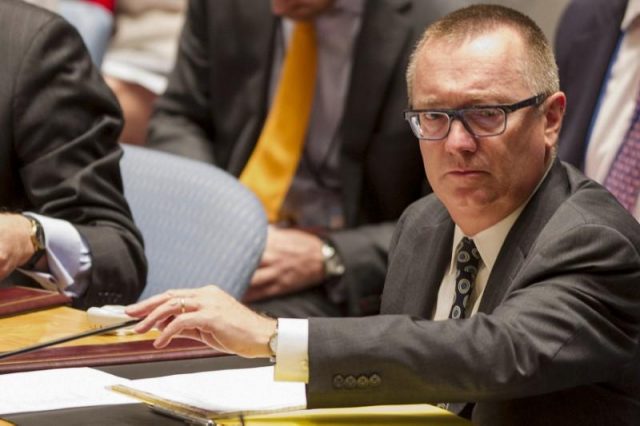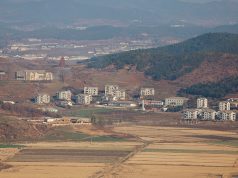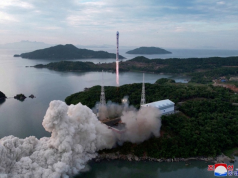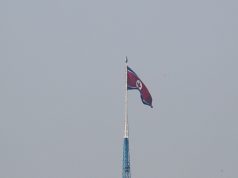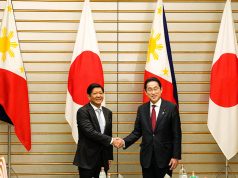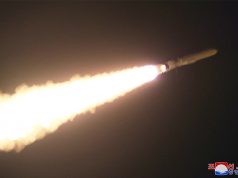SEOUL — U.N. political affairs chief Jeffrey Feltman, who visited North Korea this week, expressed willingness to ease tension on the Korean peninsula, state media said on Saturday, amid a rising war of words over the North’s missile and nuclear programs.
North Korea also said in a statement carried by its official KCNA news agency that the U.N. envoy acknowledged the negative impact of sanctions on humanitarian aid to North Korea.
Feltman, the highest-level U.N. official to visit North Korea since 2012, was not immediately available for comment.
“The United Nations expressed concerns over the heightened situation on the Korean peninsula and expressed willingness to work on easing tensions on the Korean peninsula in accordance with the U.N. Charter which is based on international peace and security,” KCNA said.
North Korea is pursuing nuclear and missile weapons programs in defiance of U.N. sanctions and international condemnation.
On November 29, it test-fired an intercontinental ballistic missile which it said was its most advanced yet, capable of reaching the mainland United States.
The United States and South Korea conducted large-scale military drills this week, which the North said have made the outbreak of war “an established fact.”
KCNA said North Korean officials and Feltman agreed that his visit helped deepen understanding and that they agreed to communicate regularly.
Feltman visited Pyongyang from Tuesday to Saturday, KCNA said.
Last month’s missile test prompted a U.S. warning that North Korea’s leadership would be “utterly destroyed” if war were to break out. The Pentagon has mounted repeated shows of force after North Korean tests.
North Korea regularly threatens to destroy South Korea and the United States and says its weapons programmes are necessary to counter U.S. aggression. The United States stations 28,500 troops in the South, a legacy of the 1950-53 Korean War.

